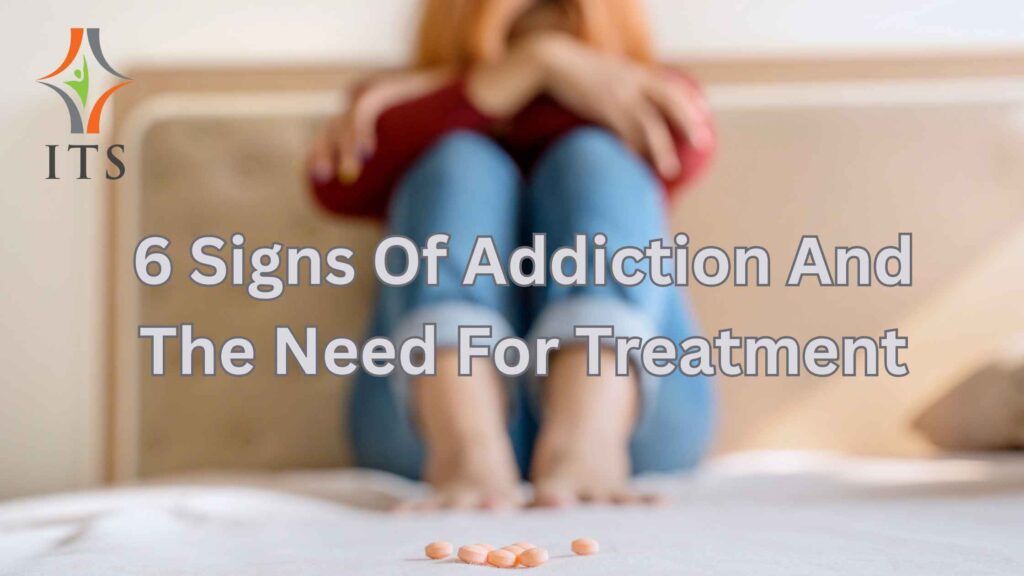
Substance use disorder, commonly known as addiction, often goes unnoticed until it significantly impacts an individual’s life. Recognizing the signs of addiction early can lead to timely intervention and treatment, fostering better recovery outcomes. As a dedicated organization in the field of addiction treatment, we aim to provide comprehensive, professional guidance to help you identify these signs and take appropriate action.
Decoding the Signs of Addiction
Addiction, a chronic disease characterized by compulsive substance use despite harmful consequences, exhibits several physical, behavioral, and psychological signs. It’s important to remember that these signs can vary depending on the type of substance used and the individual’s unique circumstances.
Physical Signs of Addiction
Physical signs are often the most noticeable indicators of substance use disorder. They may include:
- Changes in Appearance: Sudden weight loss or gain, bloodshot eyes, or deterioration in personal grooming habits.
- Health Issues: Frequent illness, unexplained injuries, or complaints about feeling unwell without a clear cause.
- Behavioral Changes: Neglecting responsibilities, sudden poor performance at work or school, or uncharacteristic legal troubles.
Psychological Signs of Addiction
Psychological signs can be more subtle but are equally important to recognize. These can include:
- Mood Swings: Rapid, unexplained changes in mood, including bouts of anger, depression, or euphoria.
- Changes in Personality: New or exacerbated anxiety, paranoia, or lethargy.
- Altered Social Behavior: Withdrawal from social activities, secretive behavior, or associating with a new friend group known for substance use.
The Next Steps: Acknowledging the Need for Treatment
Recognizing the signs of addiction is the first step towards recovery. If you or someone you care about exhibits these signs, it’s crucial to seek professional help. Here’s how you can approach this:
- Speak Openly and Compassionately: Address your concerns in a non-judgmental, empathetic manner, focusing on the observed behaviors rather than labeling the person as an addict.
- Seek Professional Guidance: Consult with addiction specialists or healthcare providers who can provide appropriate treatment options.
- Support Through the Process: Remember that recovery is a journey. Your support and understanding can play a vital role in this process.
Conclusion
Recognizing the signs of addiction is a critical step in addressing substance use disorder. By staying informed, compassionate, and proactive, we can ensure that those struggling with addiction get the help they need. Remember, addiction is not a failing—it’s a health issue that requires comprehensive treatment and ongoing support. If you or a loved one are exhibiting signs of addiction, reach out to a healthcare provider or addiction specialist for guidance. You’re not alone in this journey—help is available, and recovery is possible.
